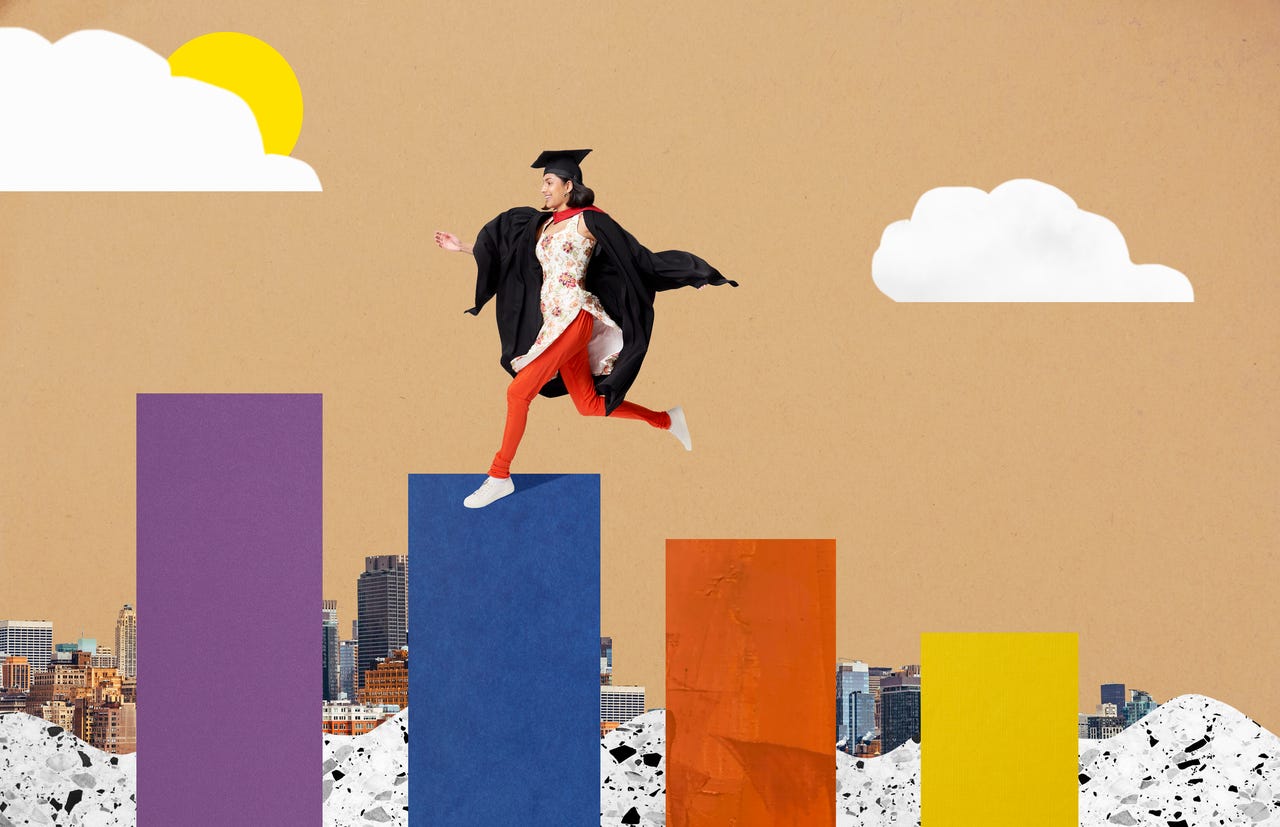Arizona State University (ASU) has broken new ground by becoming the first higher education institution to collaborate with OpenAI and implement ChatGPT Enterprise. This move comes amidst concerns and bans on the use of generative AI tools in educational settings. While some schools have opted to prohibit such technology, ASU is taking a pioneering step to explore the potential benefits of integrating ChatGPT Enterprise into its academic environment.
The partnership was officially announced on Friday, with ASU expressing its optimism about the role of augmented and artificial intelligence systems in education. ASU President Michael M. Crow acknowledged the permanence of these technologies and their potential to serve as powerful tools that enhance student learning, facilitate quicker comprehension, and deepen understanding of subjects.
Beginning in February, ASU will encourage faculty and staff members to submit proposals outlining innovative applications of ChatGPT. The university has identified three key areas to assess the effectiveness of ChatGPT implementation: enhancing student success, fostering innovative research avenues, and streamlining organizational processes.

According to ASU, the decision to embrace advanced AI capabilities is aimed at democratizing access to these tools, leveling the playing field for individuals and organizations, regardless of size or resources. Lev Gonick, ASU’s Chief Information Officer, emphasized how such tools enable creative and innovative endeavors by harnessing the power of AI.
Addressing concerns related to privacy and security, ASU highlighted that ChatGPT Enterprise is designed to deliver enterprise-grade security. This is intended to protect user data and defend against potential digital threats, mitigating apprehensions associated with the use of generative AI models.
The significance of this collaboration extends beyond ASU’s campus, as it marks the first instance of a higher education institution working with ChatGPT. The implementation and outcomes at ASU are expected to set a precedent for other institutions, potentially influencing their decisions regarding the integration of AI tools in educational settings.
As the adoption of AI in education becomes more prevalent, ASU’s forward-thinking approach provides an opportunity to explore the impact of ChatGPT Enterprise on student learning, research endeavors, and organizational efficiency. The university’s commitment to innovation and its proactive stance in leveraging advanced technologies may pave the way for a broader acceptance of generative AI tools in the higher education landscape.
While some educational institutions have chosen to outright ban generative AI, ASU’s collaboration with OpenAI signals a willingness to explore the potential benefits and challenges associated with these technologies. The results of this partnership could shape future discussions and policies regarding the integration of AI tools in academia, influencing how other universities approach similar initiatives in the evolving landscape of education technology.






